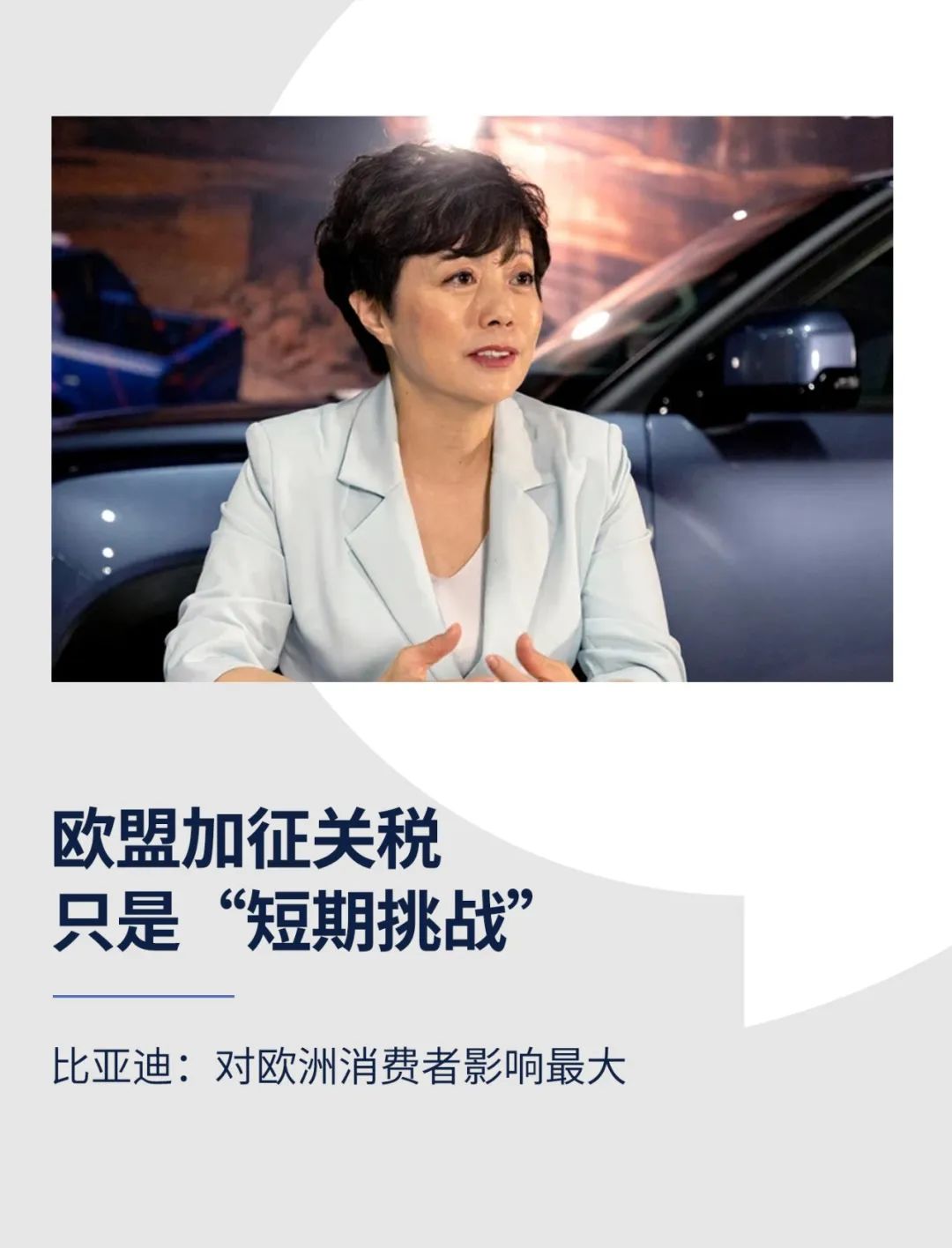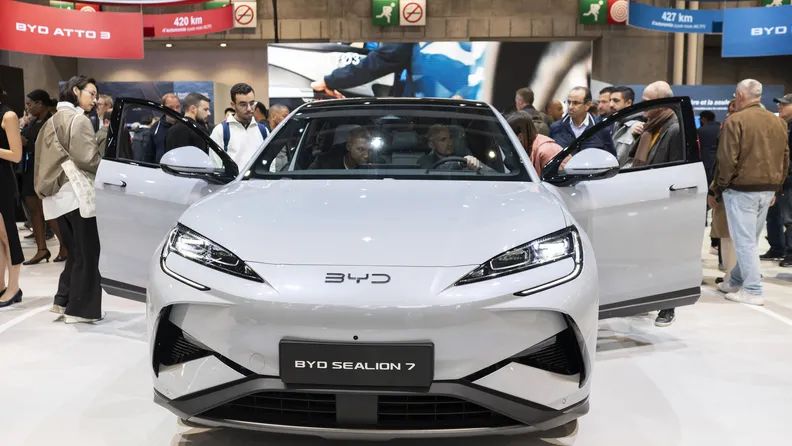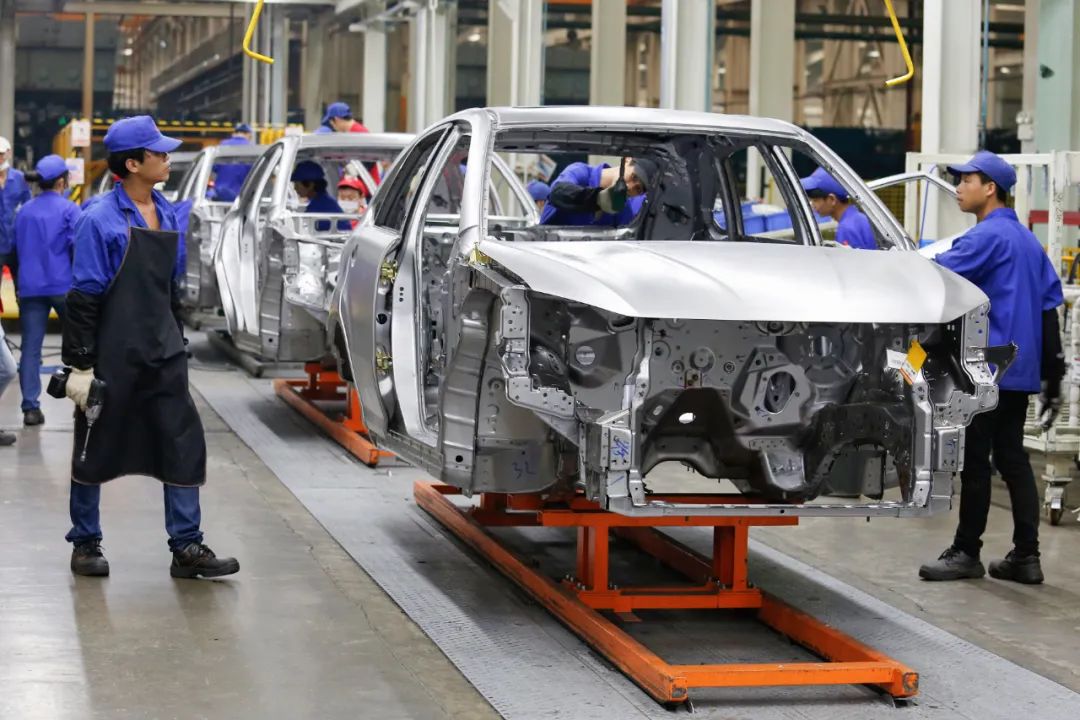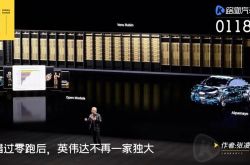EU tariffs are just a 'short-term challenge'
![]() 10/25 2024
10/25 2024
![]() 445
445

Compiled | Yang Yuke
Edited | Jane
Produced | Bangning Studio (gbngzs)
On October 4, EU member states approved additional tariffs on electric vehicles made in China. The European Commission claimed that the additional tariffs aimed to balance the so-called unfair subsidies received by Chinese automakers.
For BYD, this means an additional 17% tariff on top of the existing 10% tariff. However, Li Ke, BYD's executive vice president, responded that the "higher import tariffs are just a 'short-term challenge'" and added that the cost of tariffs would ultimately be passed on to consumers. At the Paris Motor Show on October 14, Li Ke discussed tariffs and other issues with Douglas A. Bolduc, Editor-in-Chief of Automotive News Europe, and Burkhard Riering, Publisher and Editor of Automobilwoche.
Below is the original dialogue, edited slightly by Bangning Studio.
How will BYD respond to the EU's higher tariffs on Chinese electric vehicles exported to Europe? BYD is an engineering and technology company, and we aspire to become a global player. Today, we are the global leader in new energy vehicles (including pure electric and plug-in hybrid vehicles). According to recent monthly data, we have a 23% global market share in this field. It's incredible.
We have the best technology. Based on this, BYD will continue to strive towards globalization, which means we will adopt localization strategies so that we can produce locally, here in Europe. Tariffs will be a short-term challenge.
Who will bear the additional cost of tariffs? Ultimately, it will be the consumers. This is why tariffs are unfair to European consumers, as they limit their options for high-performance electric vehicles. It's unfortunate.
Could BYD try to negotiate with EU policymakers to reach a better agreement? We have no influence over tariffs. Nevertheless, given BYD's global strategy as a global company, we invest locally whenever we enter a new market. For example, we have invested in Brazil and will start operations there in the first quarter of next year.
Two years ago, we decided to invest in Hungary. The Hungarian plant will commence operations by the end of next year.
This will make a significant difference. We focus on long-term strategies.

Is your Hungarian plant operating normally? Yes. There are no delays, and everything is progressing smoothly. What models will you produce in Hungary? We will mainly produce electric vehicles in Hungary. Specific models will be announced later.
Have you started planning for a second plant in Europe? So far, we haven't made a decision and need to first assess market performance. What are your plans for production in Turkey? We are still studying the details, but our goal is to start production in 2026.
Is it better to build a new plant or take over an existing one? We are open to all solutions. For example, our plant in Brazil was purchased from another automaker (Ford) and upgraded.
In Europe, there are significant opportunities for cooperation with underutilized manufacturers. Has BYD had any contact with them? I am not involved in any discussions on this matter, but BYD is open to it.
Tell us about your European dealership network. After a sharp decline in sales in Germany, BYD decided to take over its dealer Hedin Electric Mobility. How will this help? If BYD wants to become one of the top global automotive brands, we need to take direct control of sales and distribution in key markets.

Is BYD's ambition still to become one of the top five electric vehicle brands in Europe?
BYD is the number one brand in the global new energy vehicle market with a 23% market share. If we can achieve this globally, why not strive for the top tier in Europe?
Has entering the European market, especially the German market, been more complex than expected for BYD?
Yes, indeed, because European consumers tend to be more conservative. Furthermore, there is much confusion in the European market about whether to switch to electric vehicles or return to internal combustion engine vehicles. So, Europe is a very confusing and challenging market, but we have accumulated a lot of experience.
Once consumers get into our cars, they will immediately fall in love with them based on the technology, driving experience, and performance advantages. They feel comfortable. Therefore, the key issue now is to build their confidence. There may be a slow accumulation. Trust will grow at a slow pace, but in the future, they will trust us because we have cutting-edge technology. Are you satisfied with BYD's performance in Europe in 2024? We are not satisfied with the results. We will continue to strive for improvement. Therefore, you will see several significant changes at BYD in the coming months.
What are these significant changes? Our cars are very competitive, such as the Dolphin and Seal. These two models offer high technology and the best performance. Now we need to strengthen our dealer and service network, which is relatively easier because we already have products. Consumers will see this and start to trust BYD because we are making commitments to the market. These efforts will convince consumers to try the brand.
Will you increase the number of dealers? We will expand our dealer network by 1-3 times, not just in Germany but throughout Europe.
In Europe, are you focusing more on a particular market? Every market is important to us, it's just a matter of pace.
(Parts of this article are based on Automotive News reports, and some images are sourced from the internet)

